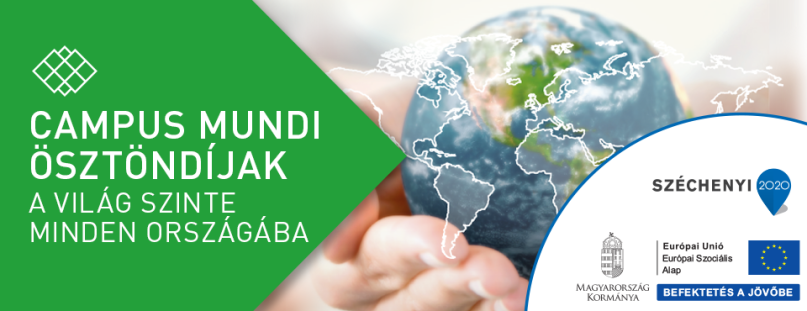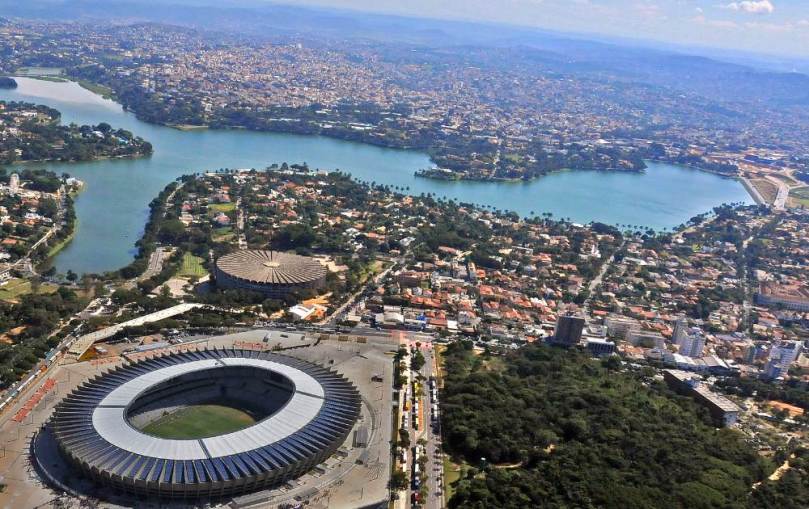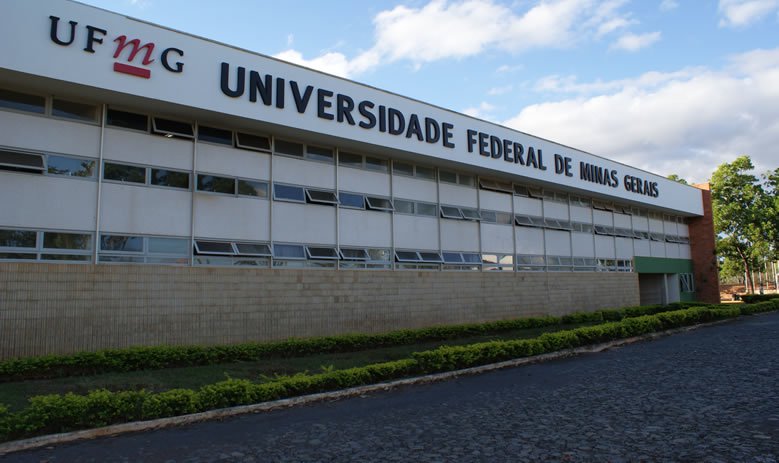As I have promised in my first post, I am now going to present the scholarship that allows me to be here in Brazil. The scholarship Campus Mundi is offered by the Tempus Public Foundation to students of Hungarian universities to facilitate student mobility and to increase the attractiveness of Hungarian higher education. I have taken part in many exchange programmes before, and I am glad that promoting student mobility is an important part of the European Union’s (EU) policy. In this post, I am going to show how Campus Mundi is different from other exchange programmes which promote student mobility, introduce the different types of Campus Mundi scholarships and explain how they work.
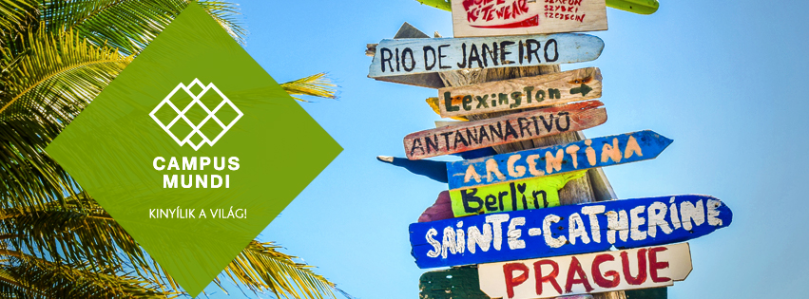
I want to emphasize, that THIS IS A SCHOLARSHIP ONLY FOR STUDENTS OF HUNGARIAN UNIVERSITIES. Therefore, I expect that this post is useful mainly for Hungarians. The reason why I am writing this post in English is that this scholarship is an important part of my current travels and I would like to include it as a part of my blog. Student mobility has played a crucial part in how I could meet people from many different countries and experience other cultures. Furthermore, I think that it could be interesting for anyone to know what options are there at other universities, and who knows, maybe they can influence policy makers to make some better decisions. I am not planning to post a Hungarian translation, because the majority of the students who have a chance at applying to Campus Mundi, speak English well enough to understand this writing.
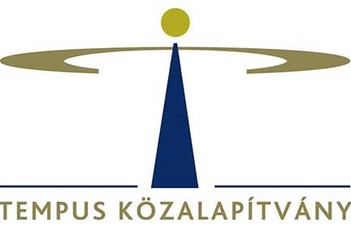
The Tempus Foundation, which probably got its name from a programme of the European Council, is a public foundation supervised by the Hungarian Ministry of Human Capacities and it organizes and coordinates many mobility projects. Campus Mundi is the successor of the Campus Hungary programme and it offers scholarships to countries across the globe. This is first thing that differentiates it from many other mobility programmes available to Hungarian students. Campus Mundi is most similar to the European Commission’s ERASMUS+ programme, but the ERASMUS+ scholarships can only be used for mobility to partner countries (which also include many countries outside the EU!), while one can get a Campus Mundi scholarship for exchange programmes in any country around the world, except for those that Hungarian Ministry of Foreign Affairs deems too dangerous to travel to. Even though there is a project called ERASMUS Mundus, which promotes student mobility between EU countries and other countries, but as I understand ERASMUS Mundus funds joint programmes and supports students from outside the EU to study at European universities, financing the studies from the start of the (Master’s or doctorate) studies until the graduation. And therefore ERASMUS Mundus is very different from the Campus Mundi programme.

Campus Mundi offers financial support to students with any kind of major for studying at a foreign higher education institute, completing an internship related to their studies abroad or for study trips abroad. ERASMUS+ offers scholarships for studying and doing internships abroad, but not for study trips. Such study trips can include for example travelling to a conference, symposium or exhibition. The criteria of what kind of study trips are financed are not hard set, so students from all disciplines can find it useful, they only have to explain how the study trip is connected to their studies and how it is relevant for their career. The amount of money that an applicant can receive depends on the duration of the mobility and the average living costs in the target country of mobility.
I am currently receiving a scholarship for an internship at a Brazilian University. There are many associations which organize professional exchange (internships), for example AIESEC and IFMSA. These associations usually do not offer scholarships, but instead help organize an internship for exchange students, which can often be just as helpful as money (they can arrange free accommodation, provide food and take care of part of the paperwork and provide contact persons). The main difference between the programmes offered by such associations and between scholarships like ERASMUS+ and Campus Mundi is that with the latter ones, the applicant has to contact the company or institution where they are hoping to do the internship, has to convince the employer, HR, or supervisor to accept him/her and the applicant has to take care most of the paperwork that comes with it. Most (undergraduate) students, especially ones who have never lived abroad before, or ones that are unsure about their language skills find these tasks rather hard and are more likely to opt for exchange programmes which take care of everything for them. Even if that means that they are less likely to be assigned to a department where they could best utilize their skills.

The application process is also a little different from most applications that students face when applying to other exchange programmes. All of them require a CV and a motivation letter, value good academic and scientific accomplishments and community service to varying degrees. It is not different in case of Campus Mundi either, however for the application to Campus Mundi, the student is also required to write a study plan/research plan, where he or she explains the how the exchange is going to benefit him or her and also host and sending institutions. The study plan is a crucial part of the application evaluation process, and as I have heard, it is also the part where many applicants lose the most points. This part is similar to like writing a writing a research proposal for a grant (of course in a much smaller scale), and this is something that most students are not ready for. But I also think, this is a test of maturity, and a test of the student’s resolution, because writing such a plan requires the student to discuss with the future supervisor about future activities and declare months in advance what he or she is going to do there, so the supervisors already know what they can expect, and they can receive the student accordingly, and the student also feels obliged to live up to what he or she has “promised” in the study plan. This is in contrast practically to all other programmes where students with good grades, or students who are active members of an association, or do charity work get their exchange programmes as well-deserved holidays (it is, unfortunately, also quite common and it is how many people imagine student mobility). Therefore, I think Campus Mundi has more students, taking the exchange seriously than any other exchange programme, because the students who apply to Campus Mundi have to think about how they are going to make an impact during the mobility and they have to come up with an answer that convinces the judges that they really need this exchange for their professional development.
Application to a Campus Mundi scholarship is not difficult, actually the process itself has become much less bureaucratic recently, but it requires dedication, and earnest intentions towards the mobility. But these efforts are rewarded by scholarships which are even higher than ERASMUS scholarships (which are already high in the Eastern bloc, not like in Western Europe), and can really support travelling to and living in a foreign country.
